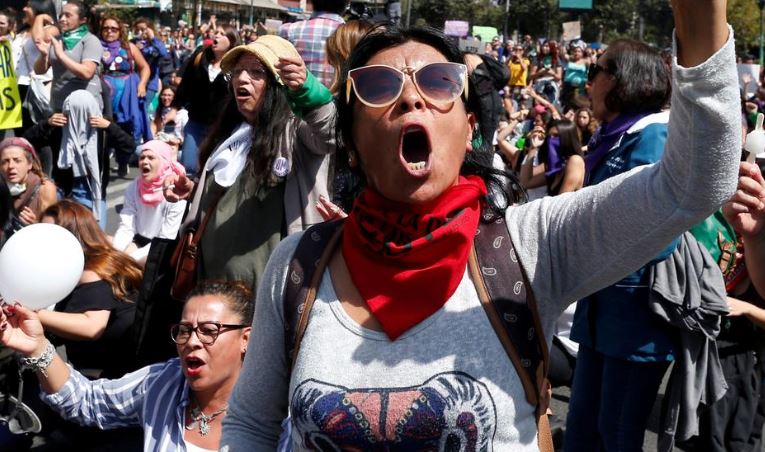×
The Standard e-Paper
Stay Informed, Even Offline

Millions of Mexican women stayed away from offices, schools and government agencies on Monday to join a second day of marches to protest against violence and macho culture, as an eerie quiet fell on normally bustling streets and factories.
The wildcat strike, dubbed “a day without us,” is intended to show what life would be like if women vanished from society. It followed a series of massive protests on Sunday to mark International Women’s Day.